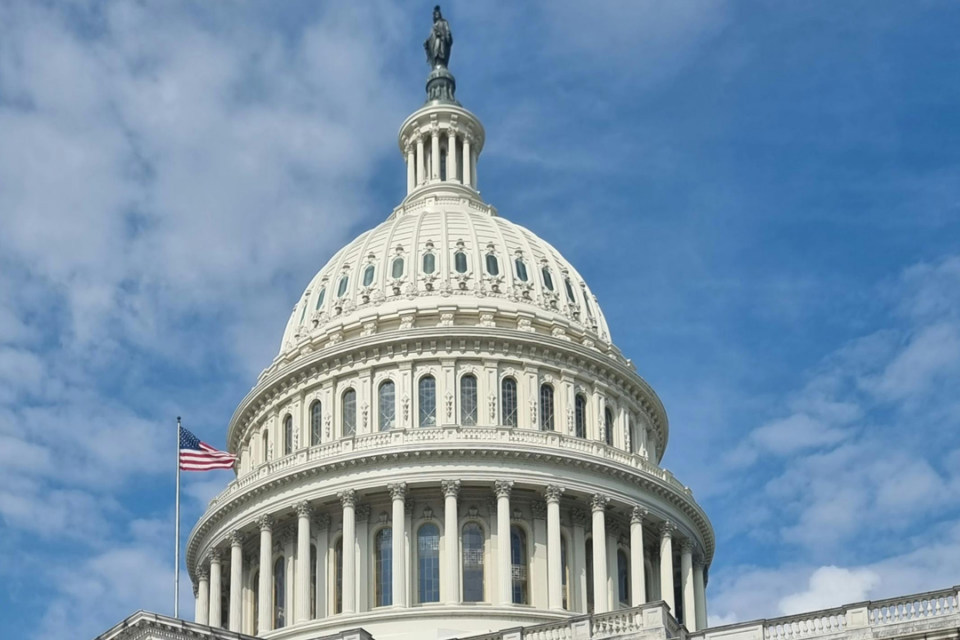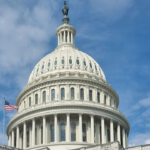What’s Inside H.R. 1: The House GOP’s “One Big Beautiful Bill Act”

The BGOV Bill Analysis of H.R. 1, titled the “One Big Beautiful Bill Act,” provides an in-depth examination of the House GOP’s expansive budget reconciliation package, which passed the House earlier today, May 22, by a narrow 215–214 vote. This legislation encapsulates key elements of President Donald Trump’s domestic agenda, including tax reforms, healthcare modifications, immigration enforcement, and energy policy shifts.
Key Provisions:
-
Tax Reforms: The bill seeks to make permanent the lower tax rates established by the 2017 Tax Cuts and Jobs Act, which are set to expire at the end of the year. It introduces new tax breaks, such as exemptions for tipped and overtime wages, and provides additional benefits for seniors.
-
Healthcare Changes: Significant alterations to Medicaid and the Affordable Care Act (ACA) are proposed, including substantial funding cuts. Notably, the bill includes a ban on Medicaid and CHIP coverage for gender-affirming care for individuals of all ages, and removes “gender transition procedures” from the ACA’s list of essential health benefits.
-
Immigration and Border Security: The legislation allocates approximately $150 billion toward immigration enforcement, encompassing funds for border wall construction, surveillance technologies, and increased detention capacities.
-
Energy and Environmental Policy: The bill proposes phasing out tax credits for electric vehicles and renewable energy projects, reversing some climate initiatives from the Inflation Reduction Act.
Political and Fiscal Implications:
The Congressional Budget Office estimates that the bill could add $2.4 trillion to the national debt over the next decade, despite the proposed spending cuts. Critics argue that the tax benefits disproportionately favor wealthier households, while the reductions in social programs could adversely affect millions of low-income Americans.
The bill’s passage in the House was marked by internal GOP divisions, with some Republicans expressing concerns over the extent of the spending cuts and potential political repercussions. The Senate, holding a slim Republican majority, is expected to introduce modifications to the bill, particularly concerning Medicaid reductions and other provisions.
For a comprehensive understanding of the bill’s contents and implications, the full BGOV analysis can be accessed at this link.


